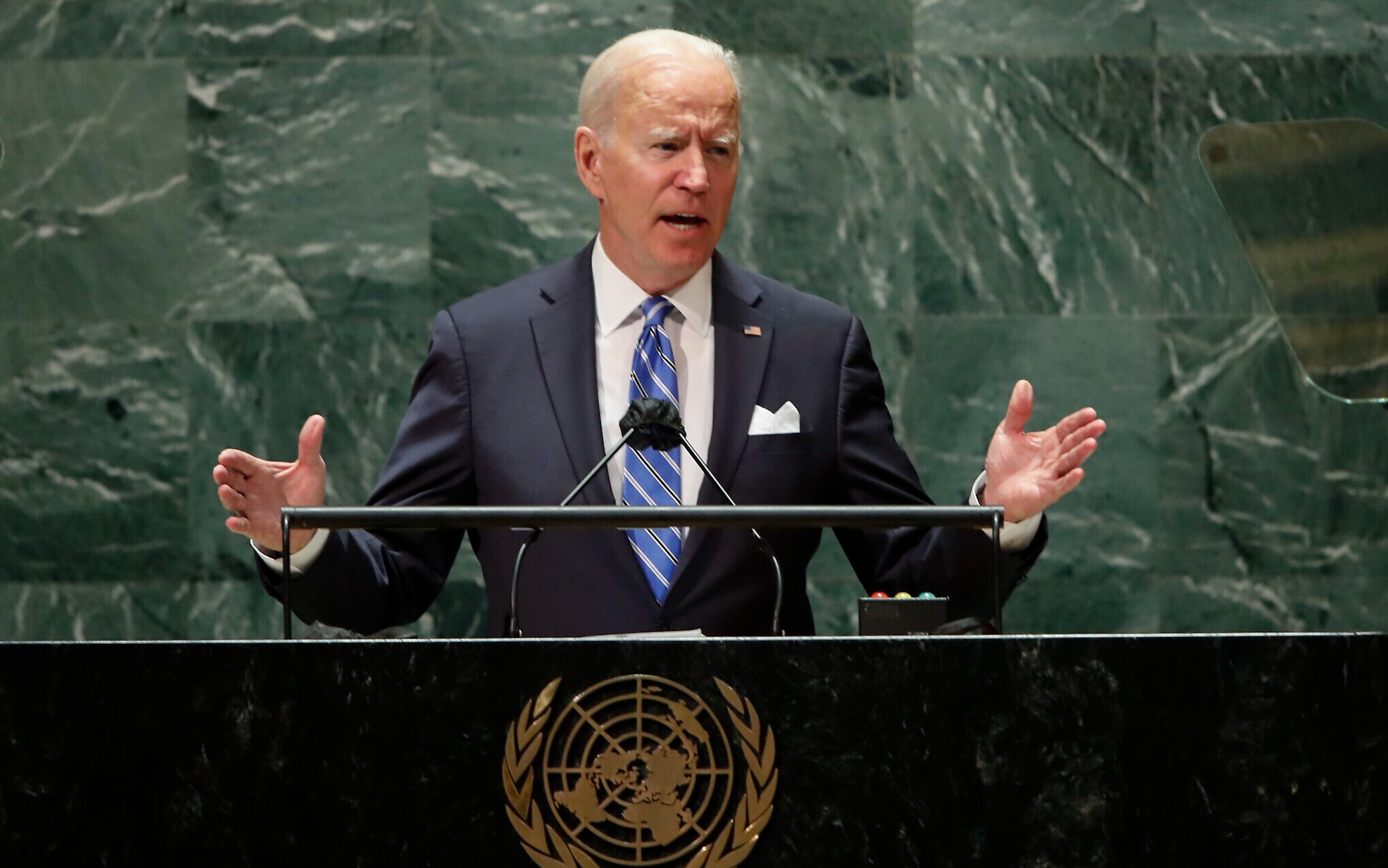Is President Joe Biden refraining from taking decisive action against Iran due to fears of sparking a broader war, or is his concern primarily focused on the potential backlash in gasoline prices and its impact on his reelection prospects?
Critics are expressing frustration over what they perceive as a timid response from Biden to attacks on U.S. troops. Many are advocating for a more aggressive stance, urging the president to fulfill his commitment to holding “all those responsible” for the deaths of three U.S. soldiers accountable.
Specifically, there’s a call to target Iran directly, aiming to cripple Tehran’s ability to support and train terrorists responsible for ongoing assaults on U.S. personnel.

U.S. President Biden (Credits: The Times of Israel)
However, Biden appears hesitant to take such bold measures. The underlying reason? A deep-seated fear that any attack on Iran’s oil fields or export facilities could lead to a surge in global oil prices, subsequently raising gasoline costs in the United States.
The prospect of gas prices soaring back to $5 per gallon, a record set in 2022, is a scenario the already unpopular president is keen to avoid.
In the midst of an election year, Biden is determined to prevent anything that might further drag down his approval ratings, with skyrocketing pump prices being a particularly sensitive issue.
This underlying concern about the economic implications of military action against Iran is the unspoken but significant factor influencing Biden’s decision-making.
The fear of triggering a chain reaction that could lead to a broader conflict is compounded by the more immediate and tangible threat of rising gas prices.
The delicate balance between international relations and domestic economic stability is the proverbial elephant in the room, influencing the president’s cautious approach to handling the situation.























